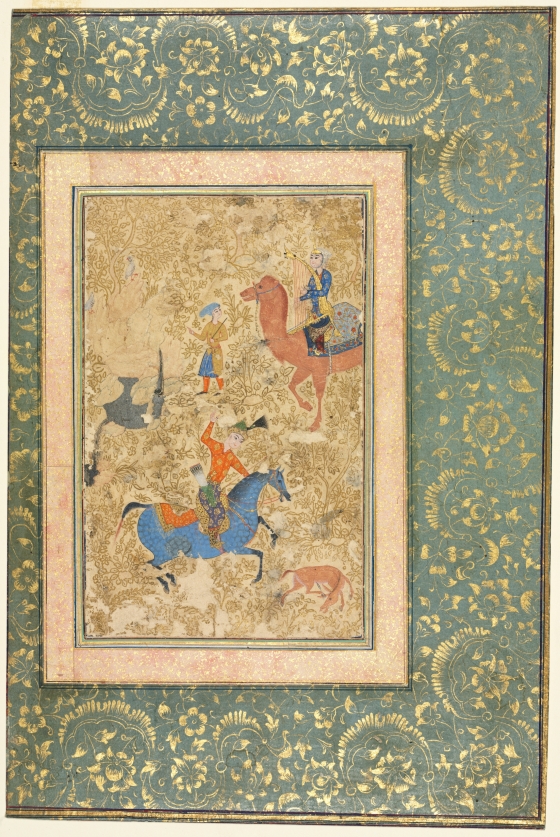


His staff told him not to return to the country because the Taliban were looking for him and his home had been raided several times. Sarmast, who was in Australia at the time, said he received many messages from students worried about their safety and asking for help. In their haste to escape, many left behind instruments too heavy and conspicuous to carry on the streets of the capital, according to Sarmast. 15, the day the Taliban marched into Kabul without a fight, some of her peers were attending a practice at ANIM, preparing for a big international tour in October.Īt 10 a.m., the school's security guards rushed into the rehearsal room to tell the musicians that the Taliban were closing in. While Khpalwak frantically burned her musical memories on Aug. The group has said cultural activities as well as jobs and education for women would be permitted, within the confines of sharia and Afghanistan's Islamic and cultural practices. Since returning to power as the final Western soldiers withdrew from the country, the Taliban have sought to reassure Afghans and the outside world about the rights they would allow. "The girls of Zohra orchestra, and other orchestras and ensembles of the school, are fearful about their life and they are in hiding," he said.Ī Taliban spokesman did not immediately respond to questions about the status of the institute. Sarmast, who was speaking from Australia, told Reuters the Taliban had barred staff from entering the institute. "We never expected that Afghanistan will be returning to the stone age," said ANIM's founder Ahmad Sarmast, adding that Zohra orchestra represented freedom and female empowerment in Afghanistan and its members served as "cultural diplomats".

Today, armed Taliban guard the shuttered Afghanistan National Institute of Music (ANIM) where the group once practised, while in some parts of the country the movement has ordered radio stations to stop playing music. Wearing bright red hijabs, and playing a mix of traditional Afghan music and Western classics with local instruments like the guitar-like rabab, the group entertained audiences from the Sydney Opera House to the World Economic Forum in Davos. The orchestra, called Zohra after the Persian goddess of music, was mainly made up of girls and women from a Kabul orphanage aged between 13 and 20.įormed in 2014, it became a global symbol of the freedom many Afghans began to enjoy in the 20 years since the Taliban last ruled, despite the hostility and threats it continued to face from some in the deeply conservative Muslim country. The story of the orchestra in the days following the Taliban's victory, which Reuters has pieced together through interviews with members of Khpalwak's music school, encapsulates the sense of shock felt by young Afghans like Khpalwak, particularly women. "I felt so awful, it felt like that whole memory of my life was turned into ashes," said Khpalwak, who fled to the United States - one of tens of thousands who escaped abroad after the Taliban's lightning conquest of Afghanistan. Then she gathered up photographs and press clippings of her famed musical performances, put them in a pile and burnt them. Dashing around the room, Khpalwak grabbed a robe to cover her bare arms and hid away a small set of decorative drums.


 0 kommentar(er)
0 kommentar(er)
